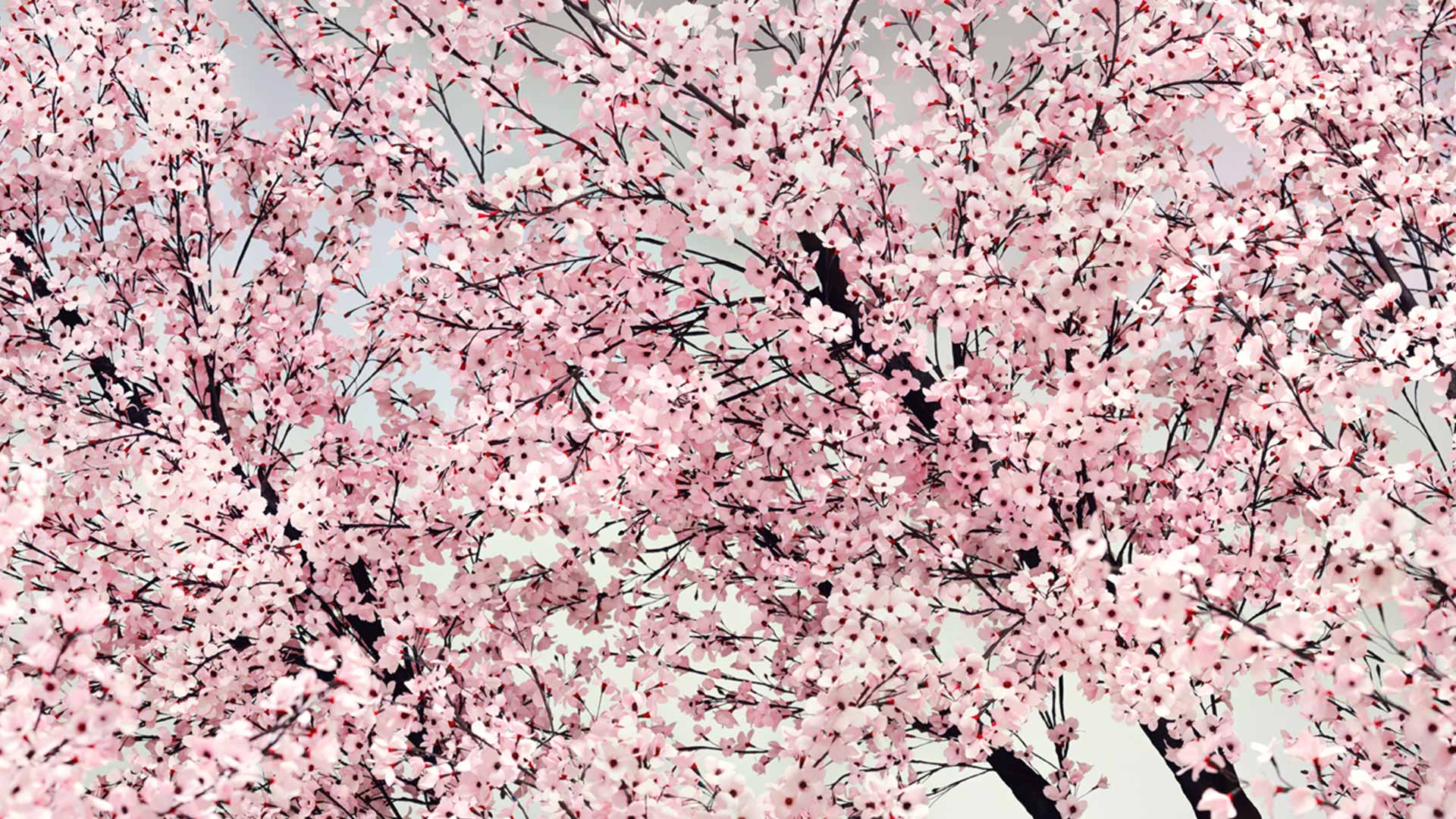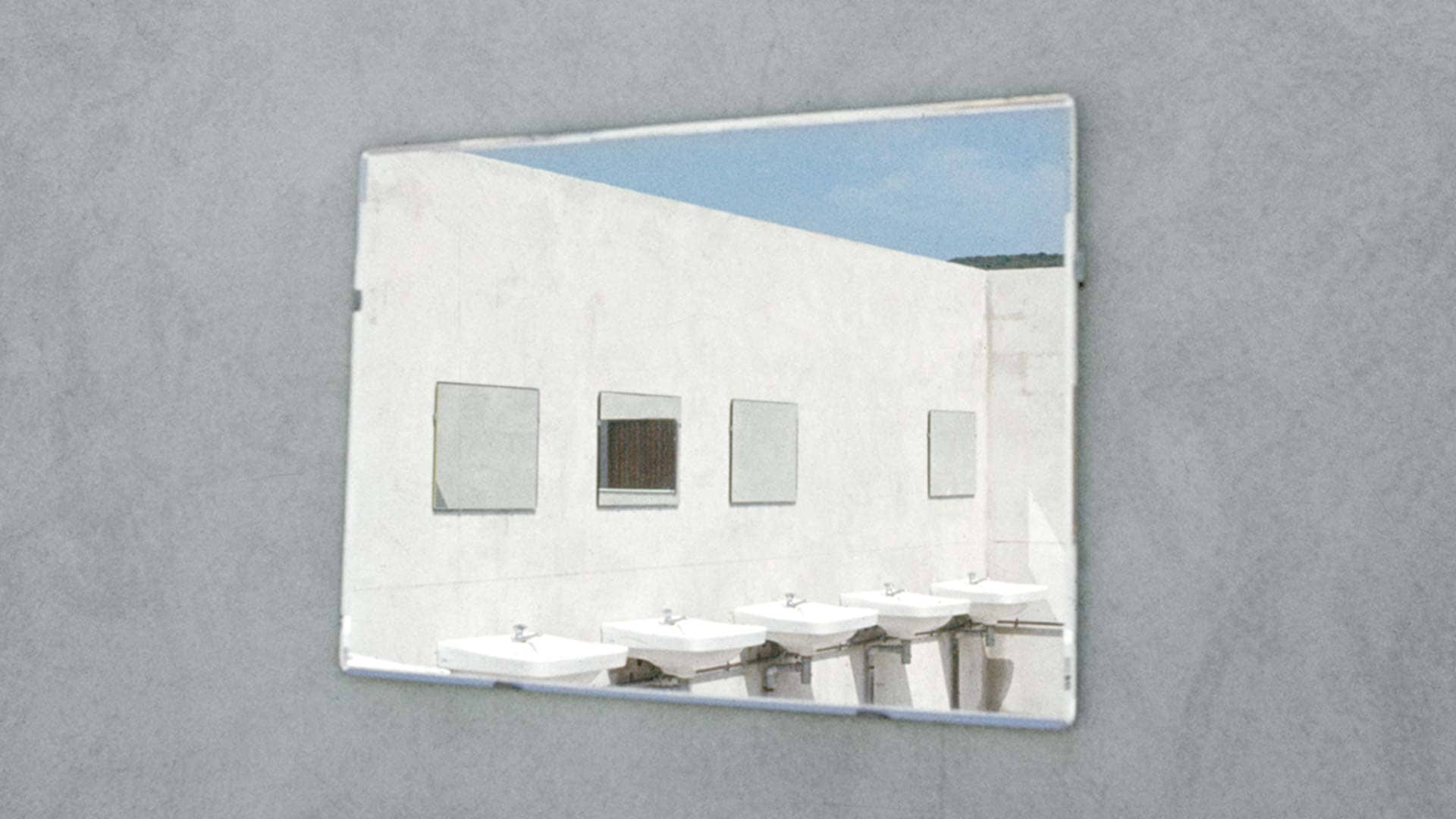I ran into the little madman on my first day in Paris, in the rose garden behind Notre Dame. From my bench I watched a ridiculous creature in a pink oxford shirt and rubber flip-flops pounce on frightened tourists, offering to sell them his art collection. My French-for-reading-knowledge was enough to pick up the key words—art, Russian avant-garde, treasures, buy. My heart began to pound. I imagined dusty masterpieces in heavy gilt frames, perhaps left to this clown by a loving émigré aunt who used to drink tea with the artists in her salon. “What if,” I thought, pushing myself off the bench and hobbling over to him. I was wearing stiletto pumps and a pencil skirt—a glamorous cousin who was hosting me didn’t want me to look “like an American”—so I could take only tiny, crooked steps. At my approach, the man lit up: no doubt I was the first and only catch of his peculiar art-selling career. The artworks, he whispered intimately, were his wife’s, who had left him after “la catastrophe.” He was selling “the treasures” to pay for the consequences, which seemed to involve the services of a prominent lawyer. Would I like to take a look? I nodded greedily, and we set forth. After forty minutes of limping through the hot and strangely quiet streets—it was Bastille Day—I stepped into a gloomy studio apartment, where the curtains on the only window were fastened with a large antique fork. A vintage refrigerator filled the place with a guttural vibrating noise. My heart fell. “Well, where are the treasures?” “Here they are,” my host announced, pointing at a folder on the windowsill. The slim item contained several small-scale artworks on paper, produced, according to the owner, by “les génies russes”—Russian geniuses. The “geniuses,” if one believed the signatures, included Vladimir Tatlin, Aleksandra Ekster, and other Russian avant-gardists. In the patchy light, the old drawings, watercolors, and gouaches—half a dozen in all—seemed simultaneously genuine and fake. The Ekster gouache had her circular composition and some of her colors but seemed a little flat, a little dull, like a pale, malnourished rainbow. The black-and-white sketches signed “Tatlin” were impressive and exactly what one would expect Tatlin’s sketches to look like—suspiciously so. There were some faded pencil drawings of Russian summerhouse landscapes, fragile and poignant, with an unreadable signature in the corner. In the meantime, the tale of la catastrophe was unfolding. Apparently, a year ago, my host had paid a routine visit to a dentist; instead of cleaning his teeth, the dentist drilled twelve of them, while the patient was under a faulty anesthesia that immobilized him but didn’t dull the pain. Upon recovery, my host commenced a costly litigation against the sadistic dentist; he stopped working and developed a host of phobias; he gave up his phone, Internet, and bank accounts. “Cash only,” he concluded, pulling some bills out of his breast pocket. His dark eyes flitted between the fork and an invisible spot on my forehead. Realization of his complete and total insanity clenched my heart. What among the roses and the gargoyles had seemed like French eccentricity turned out to be full-blown mania—no wonder the other tourists scattered like rabbits. There were no hidden treasures in this smelly lair; no gilt frames; no émigré aunts; and why I was really brought here, for what crazy purpose, remained to be discovered. I sifted through the artworks with trembling hands, considering making a voluntary contribution to the madman’s legal fund if he let me go more or less alive. Between the Ekster and the Tatlins came the question: Would I sleep with him? No way, I responded firmly, pulling myself up. It’s never going to happen, never ever. Jamais. The little madman sulked. Why? he persisted. Was I a lesbian? Was that why my hair was short and I wore glasses? I hurried to agree. Mais oui, why else? Why else would I reject such a treasure? “C’est la vie,” I comforted him, vaguely, in my so-called French. That didn’t console the madman, and he burst into another agitated monologue while I squinted through tears of terror at the last piece in the folder: a little collage on cardboard, signed, in Cyrillic characters, “Iv. Puni.” Ivan Puni. Could it be? Of all the avant-gardists, Puni was my favorite, my idol. I lifted the piece to the crack in the curtains and the dusty sunbeam lit up the gold leaf on the textured surface. The little collage winked and shimmered at me, as though whispering, “You are in Paris; art was created here; enjoy!” The gorgeous primary colors of the abstract shapes swam in front of me. The collage, which was definitely the work of some genius, maybe even Puni, was simultaneously witty and sad, angular and soft, constricted by black contouring and fading into endlessness. In the dappled light, the aquamarine background morphed into foreground, appearing lighter than the rest of the composition—the effect one sees in medieval icons. The colors were delightfully fresh, even though the piece was undeniably old. Unlike the suspicious Ekster, the too-good-to-be-true Tatlins, the sentimental dacha drawings, this piece was clear and unpretentious, a work of pure art. And what simple story did it tell us, then, a hundred years after Puni’s first trip to Paris, in 1910? It portrayed, I believe, a cramped room in a Parisian flophouse, where, on a summer morning (the aquamarine sky), a sunbeam (the yellow rectangle) fell on a guitar, coloring one side of it a shade of crimson, and on the cheap brown wallpaper, transforming it into a gold mosaic. The sound of the guitar—probably a few simple chords—filled the space and penetrated into the room next door (the red and green shapes represented the sound). The end. The refrigerator shot painful waves through my brain. I pressed my perspiring forehead against the cool metal of the fork. “How much?” My host smiled broadly and named the price. The amount this maniac demanded sent me into a paroxysm of fury. Our subsequent haggling was worthy of Monty Python. Was he planning to pay off his fancy lawyer with this sale? Did he think anyone would pay him anything for this bit of cardboard? I pointed at the fork, to emphasize that this wasn’t exactly Sotheby’s. It’s an investment for you, he countered knowledgeably. A good one! An investment? Had he gone mad? (I knew he had.) Who would ever buy it from me? What would I show for provenance—his dental records? I’m a graduate student, I don’t have that kind of money, et cetera, et cetera. We paused, staring at the little painting wistfully, understanding that both his dream of a huge fee and mine of owning a timeless masterpiece were mirages never to be achieved, and that the real-life price was whatever I had in my wallet. I placed the money on the windowsill, picked up the painting, and, while he was counting the bills, limped down the stairs and into the street. In the setting sun, the aquamarine background darkened, as though the painting were preparing to go to sleep. *** The rose garden became my favorite spot that summer, but I never saw the little creep again. I wish him luck. I hope he paid off his lawyers and won his case against the dentist. I was young and inexperienced then and didn’t know, yet, what it was like to be involved in a legal battle, to fight the fight of your life and not be able to make progress for lack of funds. Fifteen years later, I learned. The little collage is the only work of art I carried out of a home that suddenly was no longer mine. It is now my turn to look for a buyer, to explain that there has been a catastrophe, that I am raising money for a lawyer, would they be willing to pay a fortune for a questionable Puni? Sometimes the thought of going to Harvard Square—the local equivalent of the Notre Dame plaza—and approaching tourists crosses my mind, and I am still able to smile. In truth, I don’t want to sell my little companion. Untitled, as I named it grandly, has been greeting me every morning, propped up by whatever guest bed I happened to borrow the night before, reminding me of the intrepid avant-gardists, of Ivan Puni, who may or may not have made it a hundred years ago, of the Dickensian fork in the curtains, of the drilled teeth, of the curse of high heels on cobbled sidewalks, of the endlessness of art and the utter, criminal, disgraceful futility of pain. Anna Friedrich is a literary translator. Her most recent translation, The Girl from the Metropol Hotel, by Ludmilla Petrushevskaya, was a finalist for the National Book Critics Circle Award. She has three children and lives in Cambridge, Massachusetts.
【重要】サイトリニューアルに伴うサービス一時停止のお知らせ詳細はこちら+
カート
サイズ
数量
小計 (税込)


